beginning lawn care
AaronLilge
11 years ago
Related Stories

REMODELING GUIDES10 Things to Do Before the Renovation Begins
Prep and plan with this insight in hand to make your home remodeling project run more smoothly
Full Story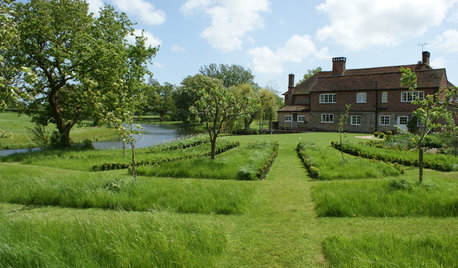
GRASSESHow to Rock a Lawn
Weekend Project: The key to healthy grass begins with the soil. If turf works for you, here’s how to fix it and keep it looking its best
Full Story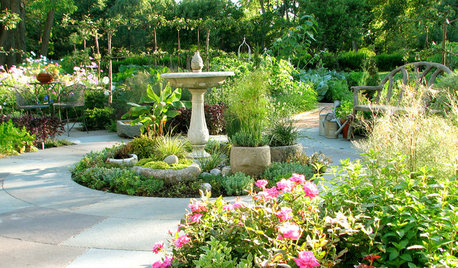
GARDENING GUIDESAfter-Summer Care for a Fabulous Fall Garden
Cleaning out stragglers and taking time to assess will keep your garden thriving all through autumn
Full Story
COMMUNITYWant a Cleaner, Safer Neighborhood? Show You Care
Our behavior strongly influences others, says a new study. Show neighbors you care about your street and watch them follow suit
Full Story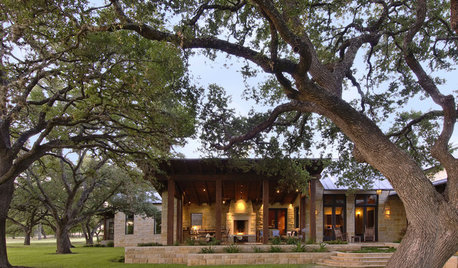
GARDENING GUIDESTree Care: Common Tree Diseases and What to Do About Them
Learn to recognize trees that may be affected by diseases or pests so you can quickly take action
Full Story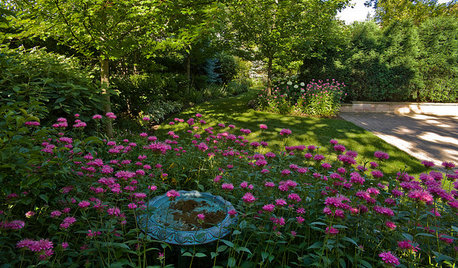
LANDSCAPE DESIGNExuberant Self-Seeders for Gorgeous, Easy-Care Gardens
Keep weeds down, color high and maintenance low with beautful plants that sow themselves
Full Story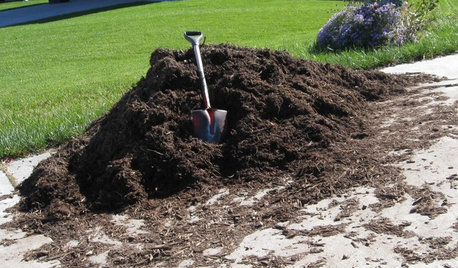
FRONT YARD IDEASBefore and After: Front Lawn to Prairie Garden
How they did it: Homeowners create a plan, stick to it and keep the neighbors (and wildlife) in mind
Full Story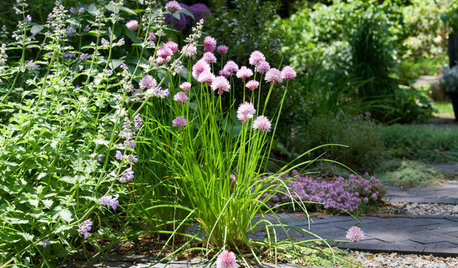
EDIBLE GARDENS8 Surefire Vegetables and Herbs for Beginning Gardeners
Learn the edible plants that are popular and easy to grow in a backyard or container garden
Full Story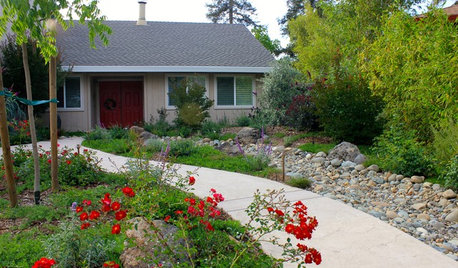
LANDSCAPE DESIGNCalifornia Says Goodbye to the Sprawling Ornamental Lawn
New state rules will effectively limit turfgrass to 25 percent of the landscape in most new and renovated yards
Full Story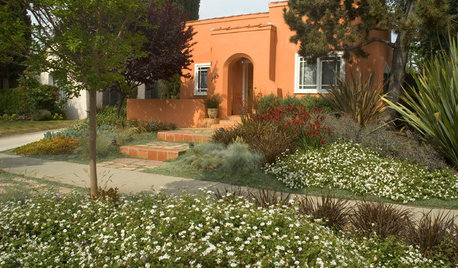
GREAT HOME PROJECTSHow to Replace Your Lawn With a Garden
New project for a new year: Lose the turfgrass for energy savings, wildlife friendliness and lower maintenance
Full StoryMore Discussions







AaronLilgeOriginal Author
tiemco
Related Professionals
Edmond Landscape Architects & Landscape Designers · Mitchellville Landscape Architects & Landscape Designers · Vernon Hills Landscape Architects & Landscape Designers · Maple Heights Landscape Architects & Landscape Designers · Concord Landscape Contractors · Milton Landscape Contractors · National City Landscape Contractors · Stony Brook Landscape Contractors · Streamwood Landscape Contractors · Tacoma Landscape Contractors · Silver Firs Landscape Contractors · Crowley Landscape Contractors · San Pablo Landscape Contractors · Bakersfield Swimming Pool Builders · South Riding Swimming Pool Builderskrnuttle
dchall_san_antonio